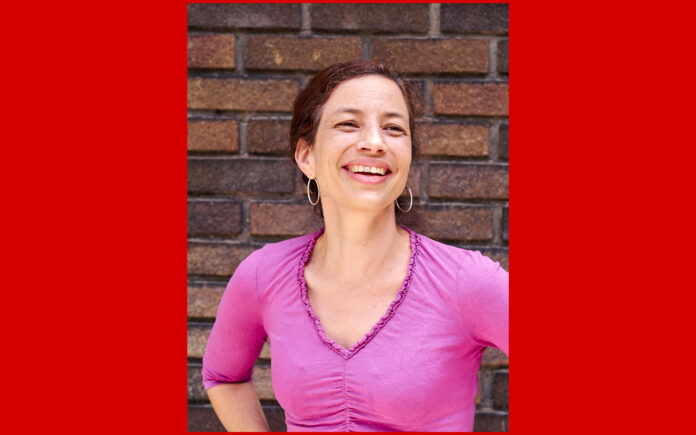
What happens when a person has a desire to be responsible with the world but has limitations of how much they can do? That is what Sue Sinclair asks in her recent collection of poems Almost Beauty.
Sinclair, a poet and professor at the University of New Brunswick, has been one of the two Canadian poets shortlisted for the Walcott prize, an international award in poetry.
“Poetry is not just about words on the page, but it’s about a way of living your life with a high degree of attentiveness to what’s around you,” she said.
Sinclair, originally from Newfoundland and Labrador, asked questions about beauty and ethics in her poems, but also reflected on imperfection.
She worked collaboratively with Ross Leckie, chair of icehouse poetry and editor of the collection, to choose which poems to include. Sinclair said that Almost Beauty is a good example of how her poetry has evolved.
The Walcott Prize is presented annually to a full-length book of poems by a living poet. The winning author earns a cash prize of $1,000 and an invitation to read at the Boston Playwrights’ Theatre. The winning title will be announced on Nov. 2, 2023.
“It’s collecting English language poetry from all over the world so you just couldn’t ask for better company,’’ said Sinclair, reflecting in other poets shortlisted for this award.
Sinclair said that putting your work out in the world makes you become part of the community and relate with it.
“It’s a tremendous thing for a Canadian poet to receive international attention,” said Leckie. He added that when a collection of poems is nominated for a prestigious international prize it calls attention to the quality of writing Canadian poetry has.
“It was fun to read great poetry and to have a chance to talk to the poet about their work. I thought not only as an editor, but also as a fan. I was kind of operating in both worlds,” said Leckie about his time editing Almost Beauty.
Leckie said when it comes to writing the introduction for the book he was looking to live up the complexity of her work and not oversimplify it. He wanted to challenge her poems and know the reason behind them.
“Sinclair’s work makes us see that natural world,” he said, “once you read her work you will never see the world the same way again. You will have a new understanding of it and you can’t go back to the time before.”
